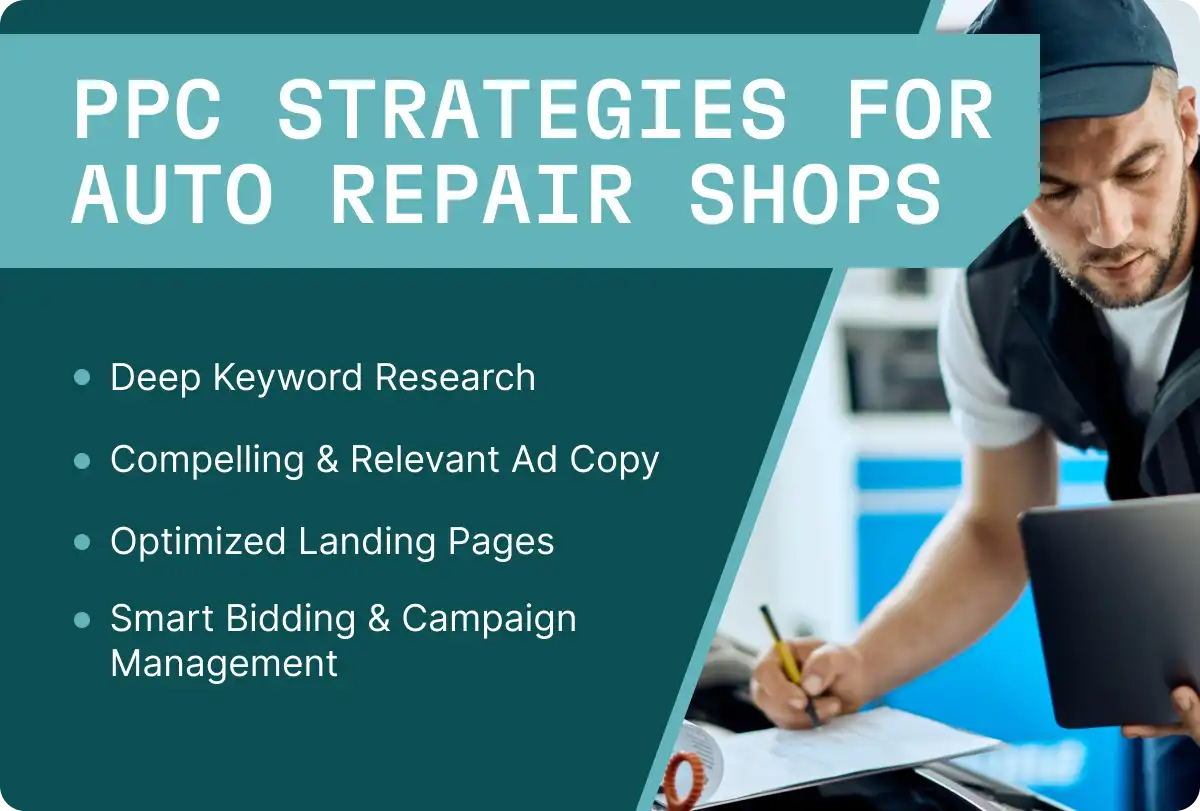In the ever-evolving automotive industry, staying ahead of the curve means constantly learning and growing. For automotive service technicians, certifications aren’t just credentials—they’re powerful tools that open doors to better job opportunities, increased pay, and credibility with customers and employers alike.
Whether you're just starting out or already working in auto repair, understanding the most common types of mechanic certification can help you create a successful, long-lasting career. This guide will break down the most recognized certifications, how to attain them, and why they matter for every auto mechanic who wants to stand out.

Types of mechanic certifications
Mechanic certifications come in many forms, each tailored to different specializations and career goals. The most common types include:
1. ASE Certifications
Issued by the National Institute for Automotive Service Excellence (ASE), these certifications are the gold standard for automotive mechanics. They cover a wide range of specialties, from engine repair to electronic systems and air conditioning.
ASE certification is considered the most prestigious and widely accepted credential in the automotive world.
More about ASE
Founded in 1972, the National Institute for Automotive Service Excellence sets the benchmark for automotive service technicians. ASE offers over 50 different certification tests in categories like:
- Engine Repair
- Brake Systems
- Air Conditioning and Heating
- Suspension and Steering
- Electrical/Electronic Systems
- Engine Performance
- Manual and Automatic Transmission/Transaxle
- Light Truck and Diesel Engines
Master technicians
There’s also a separate path for master technician status, which is achieved by passing all certifications in the required testing areas for that series. For example, technicians certified in tests A1 through A8 are Master automobile technicians.
Master technician status is not for life. You must keep each one of those certifications current to maintain master technician status. If you lose master technician status due to the lapse of one or more required certifications, it can be reinstated by taking and passing the recertification tests.
How long does it take to become ASE certified?
To become ASE certified, expect to spend anywhere from 1–3 years, depending on your work experience and whether you’re currently enrolled in training programs. Each certification test typically takes 1 to 2 hours to complete and can be scheduled at a local test center.
Being ASE certified shows you’ve mastered the skills needed for the job. It’s a badge of excellence recognized by employers, repair shops, and even customers looking for reliable service.
2. Student certifications
Geared toward high school and post-secondary students in automotive technology programs, these ASE certifications offer a head start in proving foundational knowledge.
What are student certifications?
Student certifications validate entry-level knowledge in core areas of vehicle repair and maintenance. These don’t require work experience and serve as a stepping stone to full ASE status.
Programs approved by the ASE Education Foundation often include student certification exams as part of their curriculum. These are excellent options for students at auto mechanic schools or in a community college training program.
Student certifications are valid for two years and help you build confidence before entering the workforce as an entry-level technician.
3. Manufacturer certifications
These certifications are specific to vehicle manufacturers and offered by companies like Ford, Toyota, GM, and others. Often, auto technicians working in dealerships will pursue these to show mastery of brand-specific systems.
For repair technicians who want to specialize in a particular brand, manufacturer certifications are essential.
Manufacturer training programs
- Toyota T-TEN
- Ford ASSET
- GM ASEP
- Honda PACT
- BMW STEP
These accredited programs often partner with dealerships to offer real-world, hands-on experience while you earn your credential. These programs can take anywhere from 12 to 24 months and typically require completion of automotive technology coursework alongside on-the-job work experience at a brand-affiliated repair center.
Why they matter
Manufacturer-certified auto technicians often have a faster path to high-paying roles within dealership networks and brand-specific repair shops. These certifications also prepare you to service increasingly complex vehicle systems, especially as brands continue to innovate with hybrid and electric vehicles.
4. Specialty certifications
You’ll also find credentials related to diesel engines, heavy truck systems, collision repair, and even hybrid/electric vehicles.
Each of these certification types plays a unique role in an automotive technician’s career path, and in many cases, earning more than one will make you significantly more marketable in repair shops and beyond.
Depending on your interests, you may also want to pursue:
- A/C Refrigerant Certification - Necessary if you want to be able to to buy refrigerant and work on air conditioning service.
- Diesel Mechanics Certification – Focused on diesel engines used in commercial fleets and heavy truck applications.
- Collision Repair Certification – Great for auto mechanics looking to work in body shops.
- Hybrid/Electric Vehicle Certification – A growing field with high demand.
Each of these certifications typically requires completion of a specialized training course and a passing score on certification exams. These programs may be part of a broader certificate program or offered as a standalone credential.
Benefits of mechanic certifications
Getting certified is one of the most direct ways to turn your hands-on experience into a long-term career asset. Mechanic certifications do more than look good on a resume—they deliver real-world advantages. Here are some of the benefits of completing automotive certifications:
- Increased Pay: Certified mechanics typically earn higher wages. According to the Bureau of Labor Statistics (BLS), certified automotive mechanics can earn higher hourly rates, especially in competitive markets.
- Job Security: The more certifications you have, the more valuable you are to auto repair businesses.
- Professional Credibility: Certification demonstrates a commitment to quality and standards, building trust with customers and employers.
- Career Advancement: Certified automotive service technicians are more likely to advance to roles such as shop foreman, master technician, or service manager.
- Mobility: Certifications make it easier to move between different types of employers—whether that’s independent repair shops, starting a mobile mechanic business, dealerships, or specialty service centers.
What does the certification process look like?
Most mechanic certifications follow a similar pathway but always refer to the specific instructions for your program.
Step 1: Enroll
Start by enrolling in an automotive technology program. These are offered by community colleges, trade schools, and accredited auto mechanic schools. Many programs are supported by the ASE Education Foundation, ensuring alignment with real-world industry standards.
Look for certificate programs or associate degrees that offer hands-on training. Financial aid is often available for eligible students.
Step 2: Gain work experience
Work experience is critical for most certifications. For ASE certification, for example, you need at least two years of on-the-job experience—or one year plus a diploma from an accredited program. You’ll need to show that you’ve worked on everything from brake systems and axles to manual drive train repairs and electrical systems.
Step 3: Pass certification tests
Most mechanic certifications require passing written or computer-based certification exams. These are typically held at a certified test center. The exams cover a variety of topics depending on the specialty, including engine performance, electronic systems, and automatic transmission repair.
Step 4: Maintain certification
Many certifications require recertification every five years. Staying current ensures you’re up to date with the latest automotive repair techniques, tools, and systems.
Final thoughts
Becoming a certified mechanic takes dedication, but the payoff is worth it. From better job prospects to increased credibility, mechanic certifications help you build a successful, respected career in automotive repair.
Invest in your future. Get trained, get certified, and become a leader in the ever-growing world of automotive repair.













.png)




.svg)



.svg)